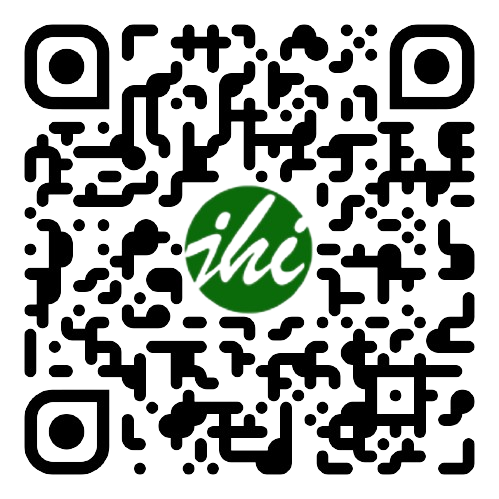SUMPAH POCONG: Upaya Konstruksi Fiqh Kultural Khas Indonesia
DOI:
https://doi.org/10.28918/jhi.v12i1.528Abstract
As a cultural rite in Indonesia, especially among Javanese, Sumpah Pocong (a kind of oath, which wore an Islamic gown and/or held by Islamic rites for a death man) is an unique rite. Nevertheless looked a like Islamic rites, but it has never found in classical or modern Islamic book of fiqh. The uniqueness guessed that it has made up from acculturation process among Indonesian fuqahā to solve a problem of less or no single evidence in social dispute such calumnies or admission claims. They (Indonesian fuqahā) has modified the institutions in Islamic norm about evidence (mubāhalah and li’ān oath) as a kind of acceptable rite among Indonesian moslem, culturally – that we know recently as Sumpah Pocong. Nevertheless, the refusal views came from puritanist, refused of it as a part of Islamic norm (syari’ah, fiqh). They noted that Sumpah Pocong as a kind bid’ah practices and not a part of syari’a. Hence, it must be abandoned and eliminated from Islamic legal iuris (fiqh). According to me, this puritan’s view is unfriendly toward local wisdom that lie on Sumpah Pocong, as traditional rite that based on acculturation of Islamic norm with local practices. This research aimed to refuse those puritan’s accusation and prove otherwise that Sumpah Pocong is legally true as a part of fiqh. Eventhough, it can be proved using classical ushuliyah method, qiyas, I did so with cultural fiqh contruction approaches.
Downloads
Published
How to Cite
Issue
Section
License

This work is licensed under a Creative Commons Attribution-ShareAlike 4.0 International License.
Jurnal Hukum Islam use a variety of waivers and licenses that are specifically designed for and appropriate for the treatment of data:
- Open Data Commons Attribution License, http://www.opendatacommons.org/licenses/by/1.0/(default)
- Creative Commons CC-Zero Waiver, http://creativecommons.org/publicdomain/zero/1.0/
- Open Data Commons Public Domain Dedication and License, http://www.opendatacommons.org/licenses/pddl/1-0/
Other data publishing licenses may be allowed as exceptions (subject to approval by the editor on a case-by-case basis) and should be justified with a written statement from the author, which will be published with the article.













.png)














